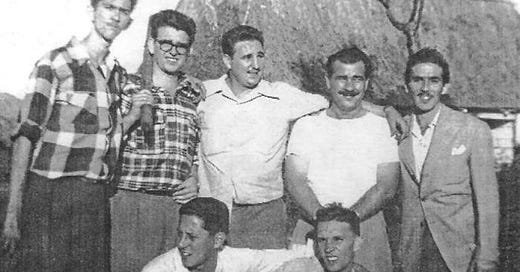Cubans reflect on Moncada
The launching of a paradigmatic revolution from the neocolonial situation
Cubans today view the generation of the revolution as a paradigmatic generation, as an example to follow, because it had the merit of making history and of converting a struggle of all the people into a personal battle, as each revolutionary embraced as their own personal agenda what was the cause of many and of the entire country. Cubans today, therefore, appropriate the certainties, truths, fidelity, and sacrifices of the generation of the revolution, making them their own. Moreover, it was the assault on the Moncada military barracks—seventy years ago on July 26—that was the protagonist that galvanized the generation of the revolution, empowering it to unify in the creation of the indispensable conditions for Cuban sovereignty and for freedom from the neocolonial situation. So it has been written by Leidys María Labrador Herrera in the July 25 issue of Granma, a daily newspaper that is the official organ of the Communist Par…



